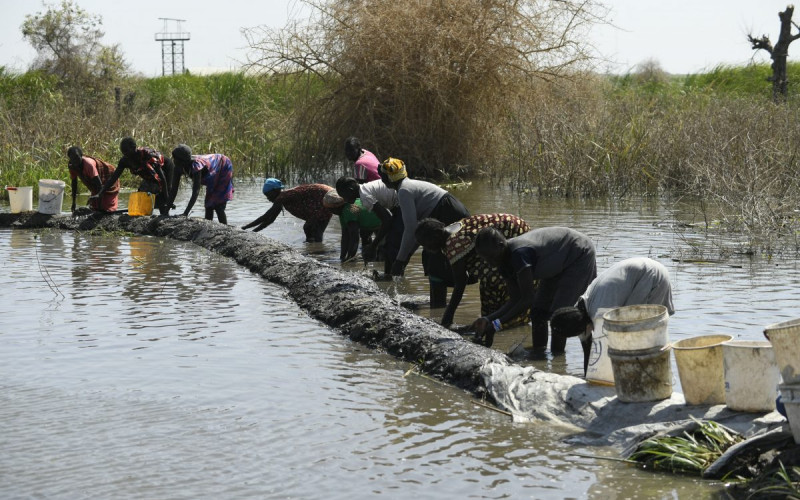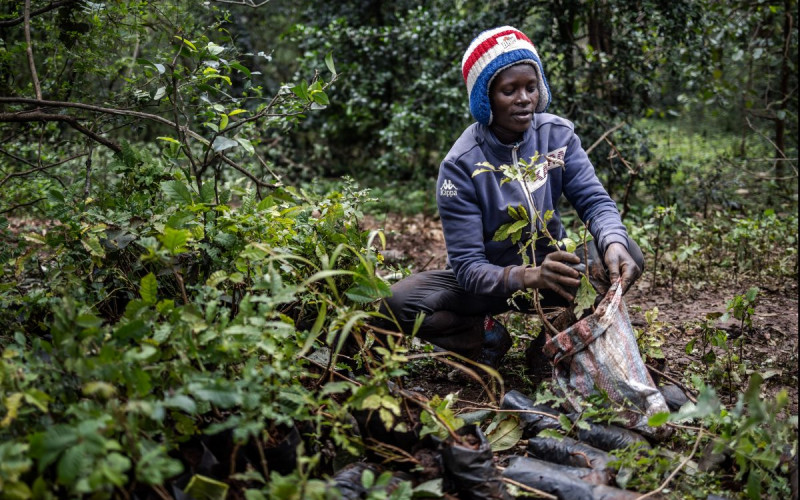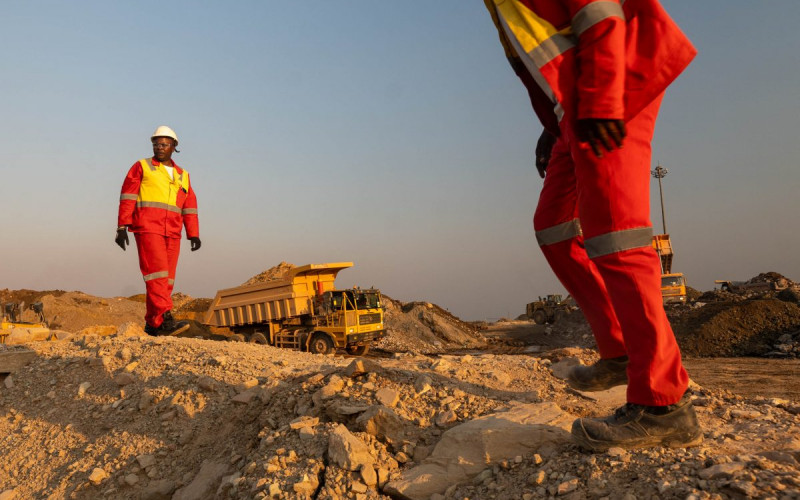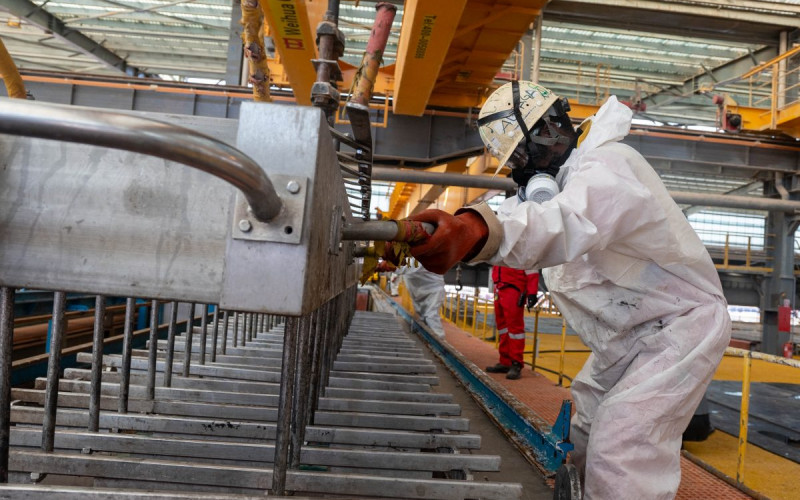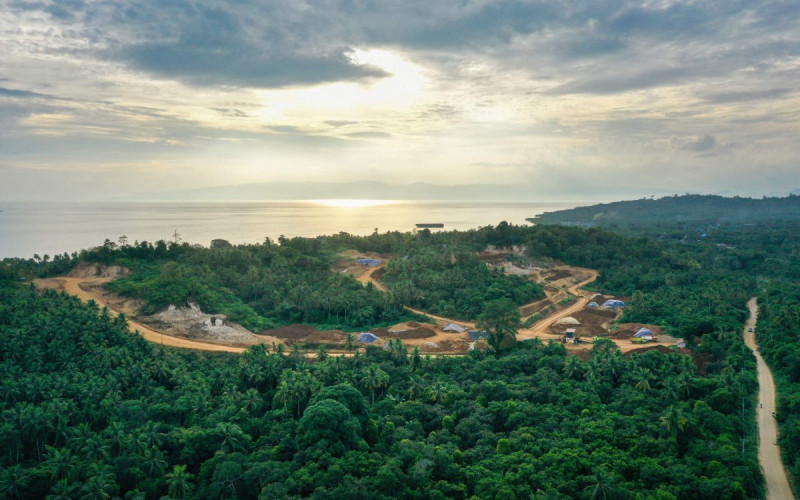The theme of the eighth ADF, concluded recently in Addis Ababa on 23-25 October 2012, was “Governing and Harnessing Natural Resources for Africa’s Development.” The forum focussed on key natural resource sectors on the continent, namely mining, forestry, fisheries and land.
Discussions at the ADF were based on a series of issue papers on the aforementioned sectors, and concluded with the adoption of a Consensus Statement. The latter highlighted key interventions that would support people-centred, sustainable development through improved governance of Africa’s natural resources.
Recommendations relating to the mining sector in particular focused on the implementation of the African Mining Vision (AMV) and the AMV Action Plan. The Consensus Statement noted that the “transparent, equitable and optimal exploitation of mineral resources to underpin broad-based sustainable growth and socio-economic development is the major challenge for African countries today.” The AMV is the central collective expression of African states relating to governance of the mining sector. The ADF also included discussions on the African Mineral Development Centre, a coordinating agency to be established within the AU Commission that will serve as a coordination centre for the implementation of the AMV.
One of the key themes in the discussion on Africa’s mineral wealth was the need to develop the necessary skills to ensure that African host states benefit from investments in their mining sectors. These skills related not only to geological and engineering sciences, but also support for members of parliament, the media and civil society in understanding the mining value chain in order to strengthen oversight and accountability in the sector. The African Mineral Skills Initiative (AMSI) was launched during the ADF conference by the initiative’s founding partners UNECA and AngloGold Ashanti.
Speaking at the ADF, Richard Duffy, Executive Vice President for Africa, AngloGold Ashanti, said of the partnership, “the mining sector in Africa is booming – and it needs skills, but the continent’s educational institutions are not currently in a position to meet this growing demand for a broad range of skills. To meet the needs of governments which need to regulate the mining sector, civil society which needs to offer an independent view of the sector, and the private sector which needs to grow and improve – a drastic increase in the number of Africans with ‘minerals skills’ is needed.”
On land, ADF discussions focused specifically on the developmental implications of large scale foreign land investments in Africa, particularly with regard to rural livelihoods and food security. The Consensus Statement called for greater transparency, equity and sustainability in the management of the continent’s land resources, particularly through strengthening of policies related to property rights and agricultural investment within the framework of the AU’s Comprehensive African Agriculture Development Programme (CAADP).
The ADF further called for strengthened policies in the fisheries sector. It was noted that Africa loses an estimated $1 billion per year to illegal, unreported and unregulated (IUU) fishing activities, although several conference participants noted that this figure is likely to significantly underestimate the extent of IUU fishing in Africa.
Finally, the ADF Consensus Statement provided a number of recommendations related to the sustainable exploitation and preservation of Africa’s forestry resources. The need for sustainable exploitation of the Congo Basin, the second largest forest in the world, was a central theme at the conference.


